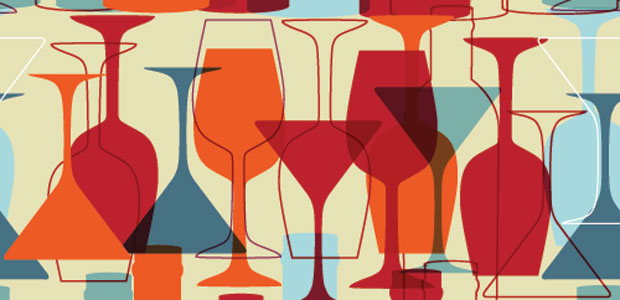Advertisement
Moderate Alcohol Consumption May Reduce the Risk of Rheumatoid Arthritis
A large study of more than 34,000 women in Sweden has shown that drinking moderate amounts of alcohol on a regular basis, in comparison with not drinking alcohol at all, had a 37 percent lower risk of developing rheumatoid arthritis (RA). Within the study a moderate number of drinks referred to at least four drinks … Continued

A large study of more than 34,000 women in Sweden has shown that drinking moderate amounts of alcohol on a regular basis, in comparison with not drinking alcohol at all, had a 37 percent lower risk of developing rheumatoid arthritis (RA). Within the study a moderate number of drinks referred to at least four drinks per week, compared to never drinking or drinking only one drink per week.
RA is associated with inflammation, which alcohol may help reduce.
Alcohol: good for you?
Red wine contains high levels of resveratrol, an antioxidant found in grapes, which is thought to help lower “bad” LDL cholesterol while increasing “good” HDL cholesterol in the body. Moderate alcohol consumption has also been shown to reduce the risk of heart disease and Alzheimer’s disease.
But the debate on whether alcohol consumption can be considered healthy has been going on for some time. In fact, several studies have shown that moderate amounts of alcohol consumption on a regular basis can lead to an increased risk for breast cancer.
Not an alcohol-drinker? Many of the health benefits of red wine have been duplicated in studies examining red grape juice. Green and/or black teas may also help reduce the risk of cancer and other diseases.
Everything in moderation
If you do drink alcohol, remember that moderation is key. The Centre for Addiction and Mental Health recommends that women should limit their weekly alcohol consumption to 10 standard drinks, while men shouldn’t exceed 15 standard drinks. Also, women shouldn’t drink more than two drinks per day, and men shouldn’t exceed three drinks per day.
Looking to enjoy a summer wine? Consider choosing a local organic option.





